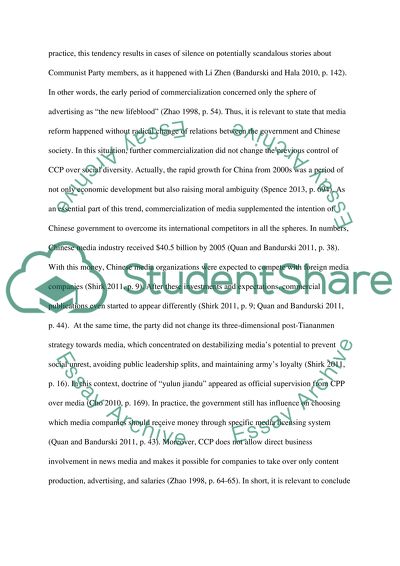Cite this document
(“Chinese media on the relations between government and media Essay”, n.d.)
Chinese media on the relations between government and media Essay. Retrieved from https://studentshare.org/journalism-communication/1700936-chinese-media-on-the-relations-between-government-and-media
Chinese media on the relations between government and media Essay. Retrieved from https://studentshare.org/journalism-communication/1700936-chinese-media-on-the-relations-between-government-and-media
(Chinese Media on the Relations Between Government and Media Essay)
Chinese Media on the Relations Between Government and Media Essay. https://studentshare.org/journalism-communication/1700936-chinese-media-on-the-relations-between-government-and-media.
Chinese Media on the Relations Between Government and Media Essay. https://studentshare.org/journalism-communication/1700936-chinese-media-on-the-relations-between-government-and-media.
“Chinese Media on the Relations Between Government and Media Essay”, n.d. https://studentshare.org/journalism-communication/1700936-chinese-media-on-the-relations-between-government-and-media.


